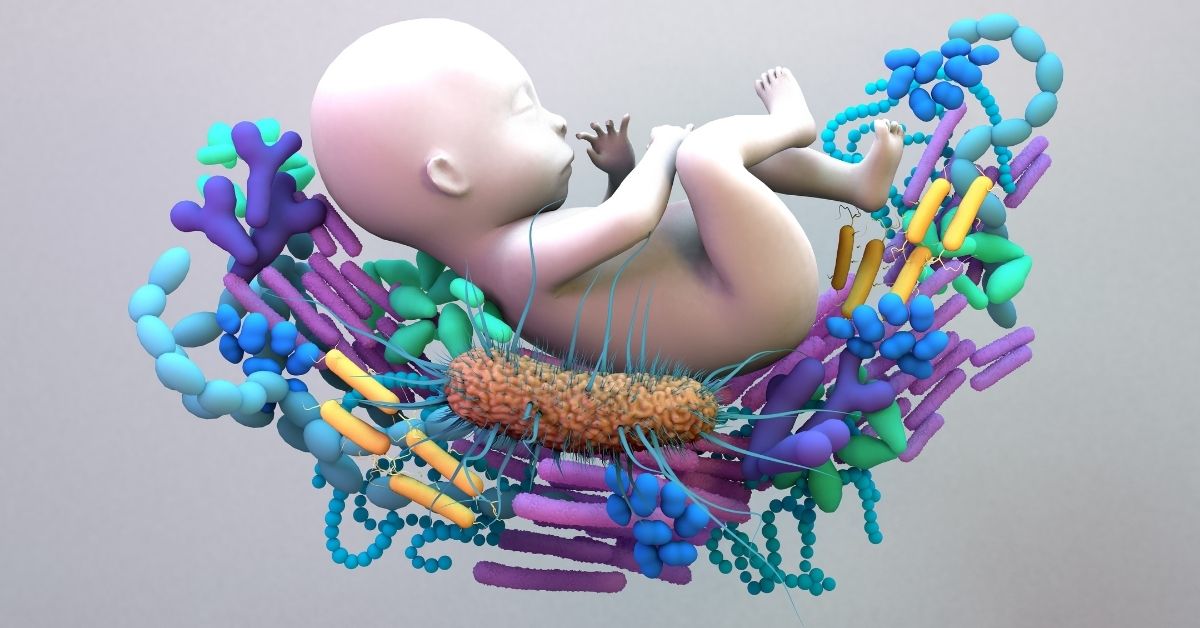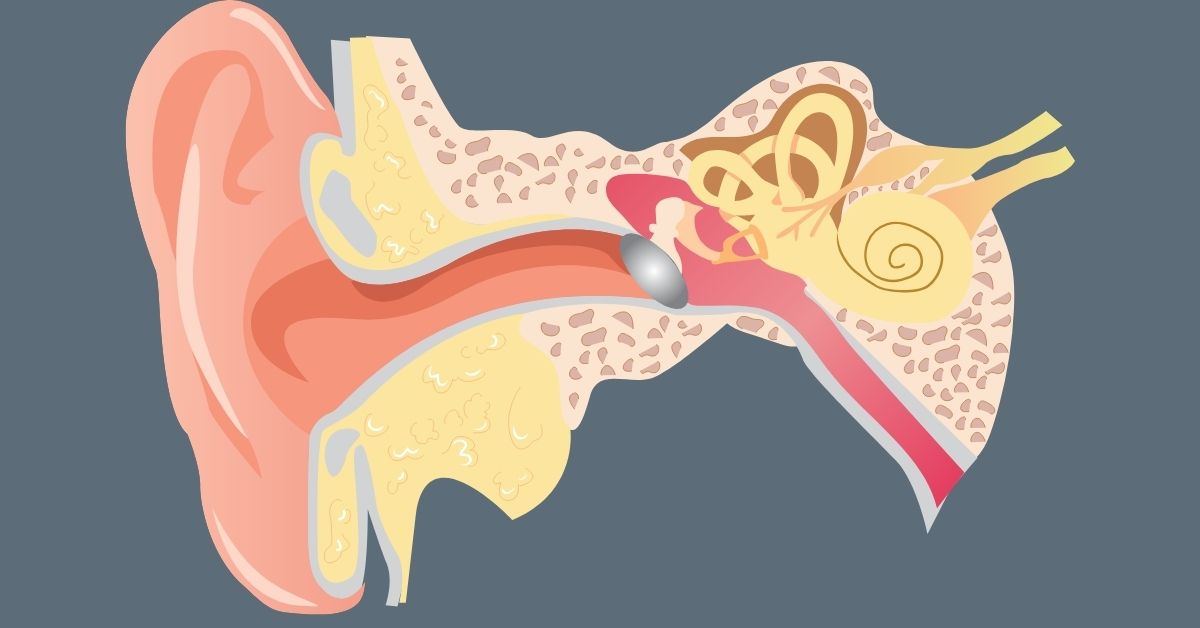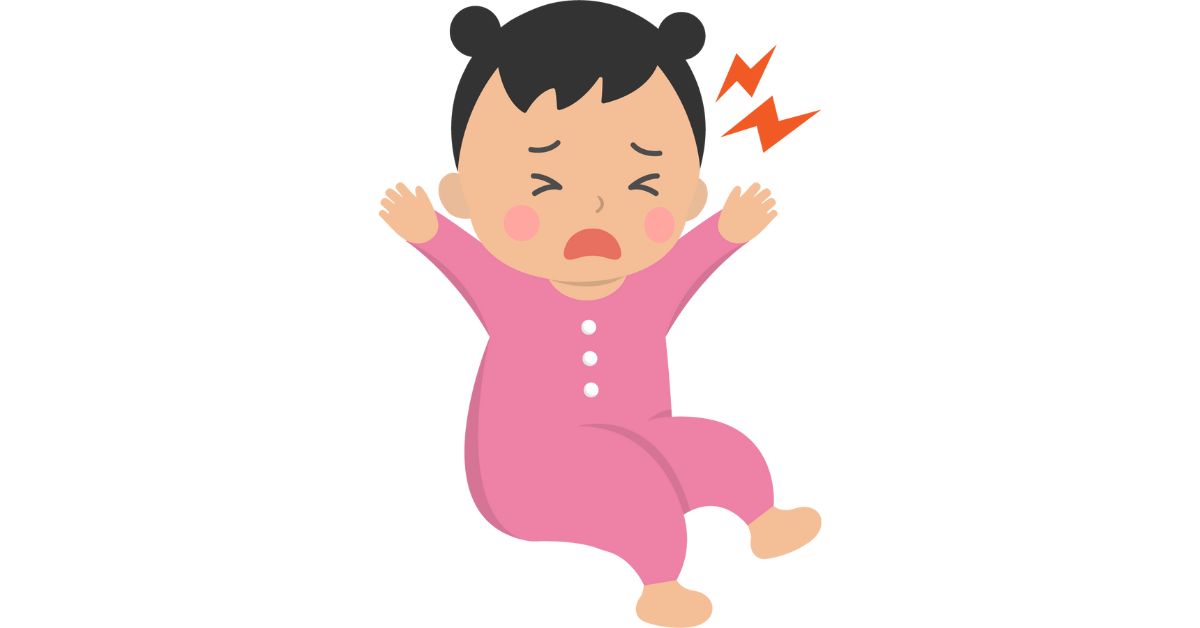Awareness About Mental Health Issues And How To Handle Them Is A Highly Valuable Life-Skill Today
In this article:
Life in the 21st Century moves even faster than break-neck speed, but the human mind and body is not equipped to function as rapidly as our current lifestyle demands us to. This leads to tensions, and if left unaddressed, these can turn into fairly serious mental health issues. The biggest problem is that most of us don’t know how to deal with mental health issues ourselves, thanks to a serious lack of open conversation about the various types of mental illnesses in the first place. If you don’t know the invisible symptoms of these invisible diseases, how do you know if you have a mental illness? How do you identify mental illness in children?
How can I help my child with mental health? It is up to us as parents to make sure that our kids don’t suffer in silence like many in our generation have had to. Our children should be able to seek mental health help when they need it, and understanding mental illness is crucial for that. Here are a few tips on how to talk about about mental health to your child.
How to talk about mental health with your kids
1. Do Your Homework
Before you start, remember that children are curious by nature. Expect that they will have a whole lot of questions about every other thing you say. Each question they ask is an opportunity to protect your children against mental illnesses, so don’t get frustrated if you don’t have some answers on the spot. Make it a point to note down the question and get back to your child about it, preferably before they go and read something up on the internet about it. The internet is quite likely to be wrong.
2. Question-Answer Approach
Keeping track of what you set out to do gets difficult when you’re discussing something with your children. The conversation can easily go astray, and it might be tough to bring the topic up after a while. A conversation like this requires some continuity, so a good idea to prevent it from going off-track is to make a list of questions beforehand and keep it handy when you’re talking. Refer to it when you feel like things are slipping and ask your kid the question that’s next in line. It gets easier from thereon.
3. Mental Health Exercises
We would highly recommend that you consult a professional therapist to discuss this before bringing it up with your children. There is a plethora of mental health exercises online along with how to find the right mental health exercises for yourself. Still, you have no way of knowing how accurate or reliable that information is. Engaging in self-prescribed exercises could do more harm than good, just like working out without a trainer can cause injuries. When the injuries are physical, they’re easy to understand, diagnose and treat as needed. With invisible injuries, though, the odds are stacked heavily against you because you may not even realize you’ve sustained an injury.
4. Dealing with Mental Health Tests Online
The internet is replete with websites offering free mental health checkups online, complete with tests, graphs, the works. Just like it is with exercises for mental fitness, there’s no way to check the authenticity of anything on the internet. Make sure you explain to your children that taking unauthenticated personality or IQ tests on the internet is a bad idea because if the results are inaccurate, which they most probably will be, they could jeopardise your children’s self-esteem. Explain to them that such tests are most often designed to tell you things you’d like to believe about yourself instead of reflecting reality. This can cause innocent minds to create a false sense of self that’s likely to be at odds with the truth. It can potentially trigger depression, anxiety, and a bunch of other mental illnesses in your children.
5. Cyberchondria
One of the many internet- and social media-induced ailments is being referred to as ‘cyberchondria’. In essence, this is the digital version of hypochondria, but it is much worse in many ways. The internet makes it possible for anybody to access all kinds of information about the absolute worst possible causes of whatever symptoms they may be experiencing. This phenomenon is commonly joked about on social media, which only makes things worse because the anxiety and paranoia caused by cyberchondria are very real, very serious, and unfortunately also very underrated. Warn your children about this dangerous condition, and try to help them understand how to differentiate normal research from obsessive over-analysis.
Most mental health issues are nothing but an imbalance in normal human behaviour, which is another one of the many complications involved in the diagnosis of mental illness. The key takeaway for your children should be this: if they notice any of their emotions or urges overpowering all the rest, they should make sure to reach out and talk to you or your spouse about it. Teach them to be self-aware in spite of the dizzying pace of life today and you will give your children the most precious mantra for success and happiness in their lives.








